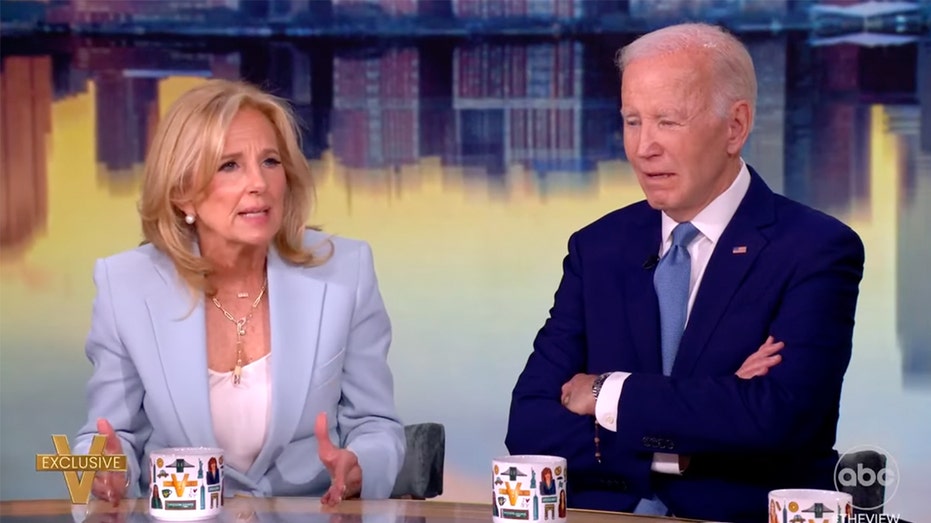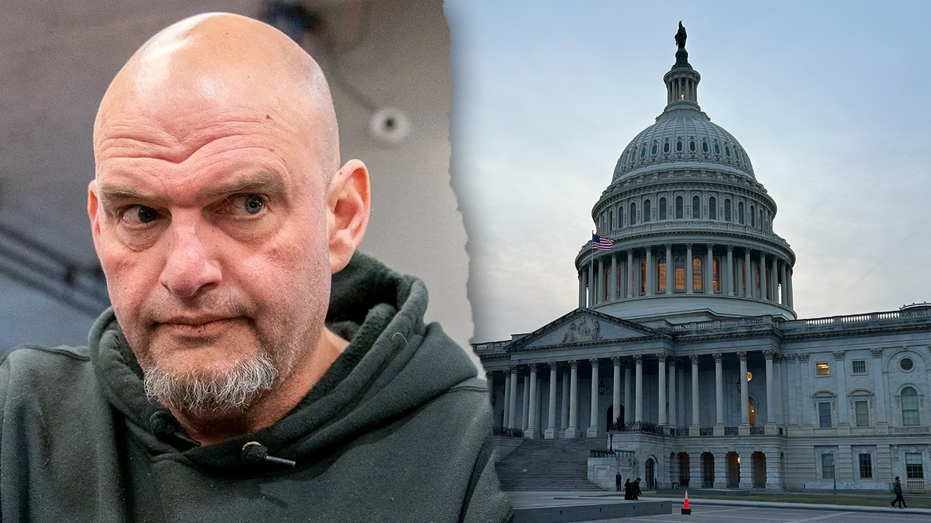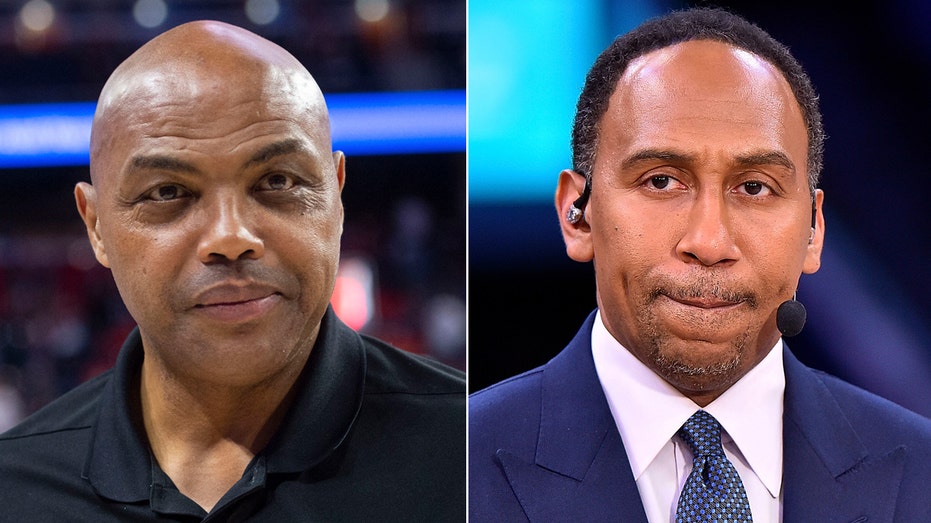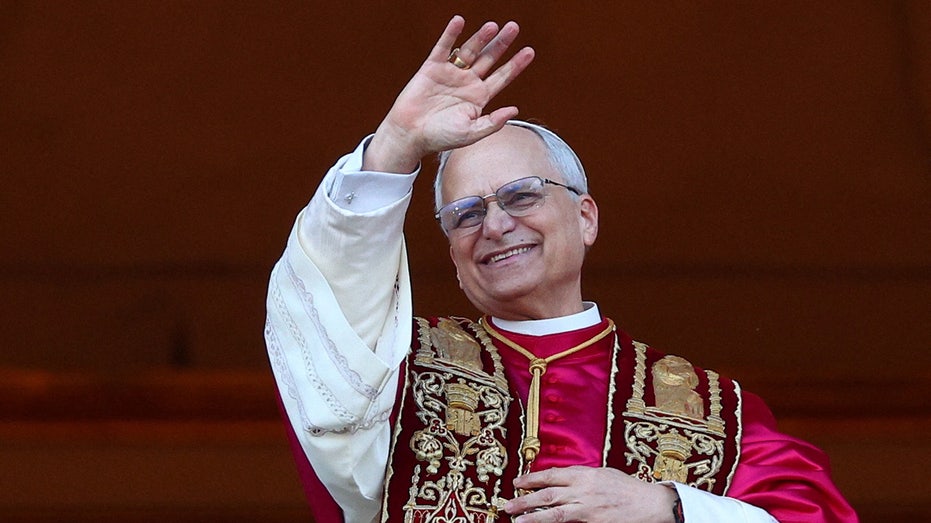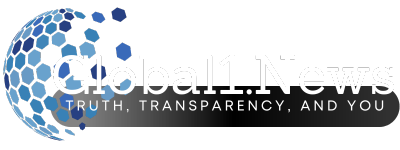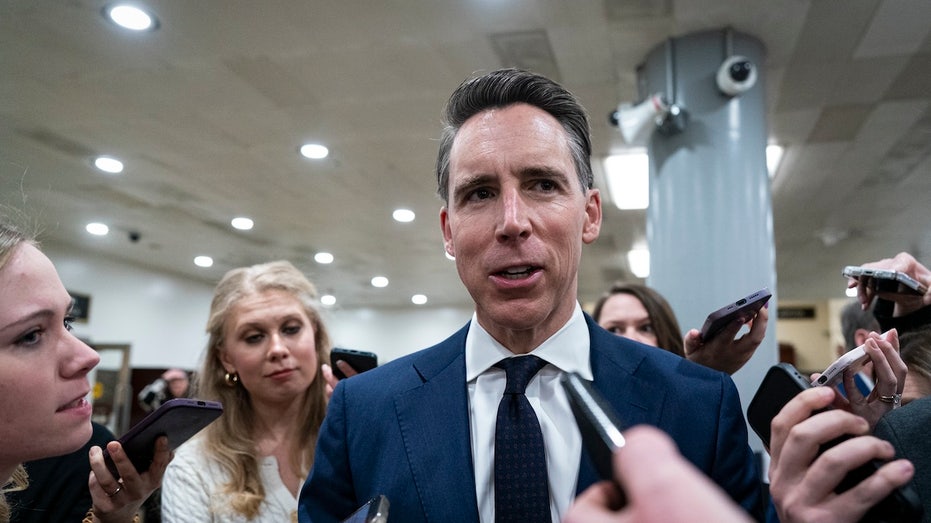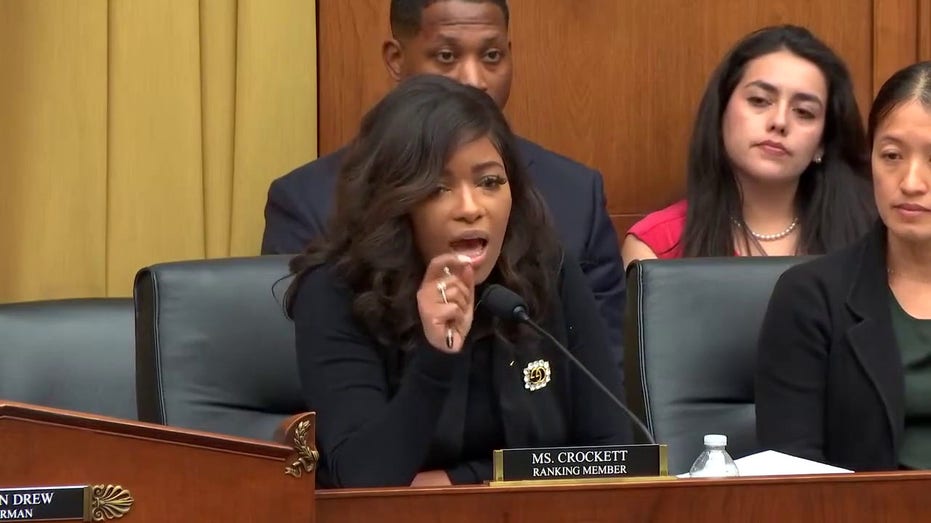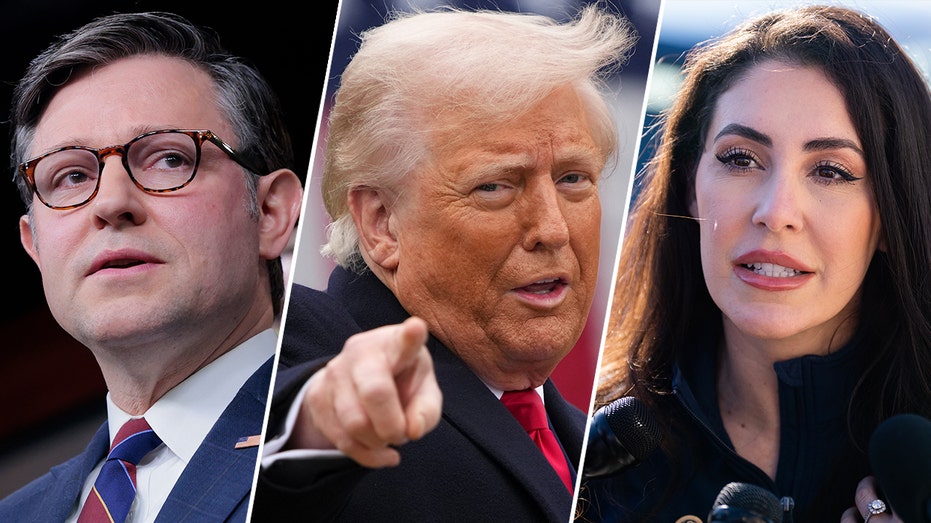DAVID MARCUS: Pope Leo XIV's greatest challenge is already changing the world
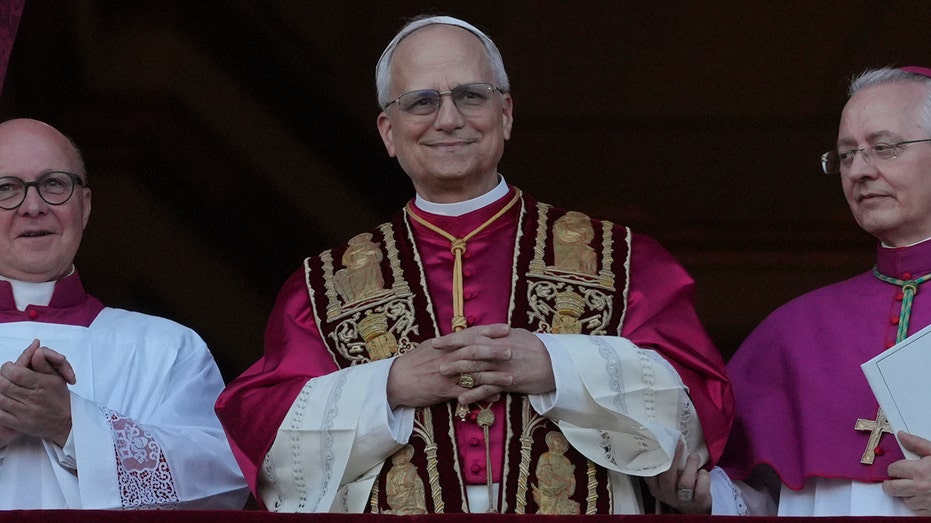
In Herman Hesse’s novel, "The Glass Bead Game," published in 1943, a future Europe is controlled by only two powers, the players of that mysterious game that uses math and musicology to utilize all of human historical knowledge, and the Roman Catholic Church.
Though the actual rules and playing of the glass bead game are vague in the book, to the modern reader its use of prompts to generate truth from the archive of history looks incredibly similar to artificial intelligence, arguably the greatest challenge the non-fictional Pope Leo, the Roman Catholic Church’s new pope, Pope Leo XIV, must navigate.
In the course of European history, popes have had enormous influence on the development of science, sometimes in conflict, such as with Galileo and Pope Paul V, but also in vital partnership by creating all of the continent's first universities.
CARDINAL ROBERT PREVOST ANNOUNCED AS FIRST AMERICAN POPE, TAKING NAME LEO XIV
Indeed, today’s Catholic catechism pronounces that science and faith are complementary not in conflict, it reads in part, "…methodical research in all branches of knowledge, provided it is carried out in a truly scientific manner and does not override moral laws, can never conflict with the faith, because the things of the world and the things of faith derive from the same God."
But, if the acceptance of science is settled Catholic theology, the acceptance of artificial intelligence most assuredly is not, and in fact, this God-like act of attempting to create a conscious being opens enormous moral pitfalls.
The obvious ethical implications of AI have long been explored ad nauseum, from "Blade Runner" to "Star Trek": what moral obligations does a human being have to a machine?
But the deeper religious question is not whether a human can sin against a machine, it is whether a machine itself is capable of sin, or even confession or salvation.
From the beginning of modern computing the question of whether a machine could truly be intelligent was percolating, mid-20th Century trailblazer Alan Turing created a set of tests, including whether a computer could trick a person into thinking it was human.
We have certainly blown by that mile marker, but still the question lingers as to whether a machine can ever truly be intelligent in the same way a human being is, and for the Catholic Church, Pope Leo XIV, fighting to define intelligence is a mission of the highest order.
We are already seeing the harm done by AI’s simulation of a real person as Meta’s Chat GPT flaunts itself as a virtual friend, even for children who can ask it questions on sexual themes, something the world of big tech seems just fine with.
CLICK HERE FOR MORE FOX NEWS OPINION
The deep danger here is that in a rush to declare victory, to prove that they have created intelligence, big tech will simply dumb down what intelligence is, reduce it to a set of repeatable tests that completely ignore the possibility of the soul.
This is why, unlike in regard to science writ large, artificial intelligence as an equal of human capacity is completely at odds with Catholic teaching and can never be compatible with it.
The capability of the collection of systems we refer to as artificial intelligence to help human beings is enormous, something that Pope Francis emphasized during his pontificate, but a machine can never be a child of God.
Just as Hesse predicted in his novel almost a century ago, the only institution on the face of the earth that has the power to fight back against big tech’s redefinition of human intelligence is the Catholic Church with its billion members across the globe.
Very smart people tell us that in the next 10 years AI is going to fundamentally change the world, that nothing will be the same after, and that just happens to be more or less exactly the amount of time we would expect our new pope to serve.
Arguably, the deepest question mankind has ever known is "what are we?"
Today, there are two completely incompatible answers competing. Proponents of AI say we are simply a set of electrical connections in our brain, little different from a computer, but to the Church, we are a soul, created and beloved by God.
This argument, this fight over what a human being is may well define the future of humanity in the coming decades. It may even define if humanity has a future at all. The Catholic Church needs a pope who is ready for this battle, and who will lead the faithful to reject any definition of human intelligence that lacks the spark of Divine creation.
What's Your Reaction?
 Like
0
Like
0
 Dislike
0
Dislike
0
 Love
0
Love
0
 Funny
0
Funny
0
 Angry
0
Angry
0
 Sad
0
Sad
0
 Wow
0
Wow
0
